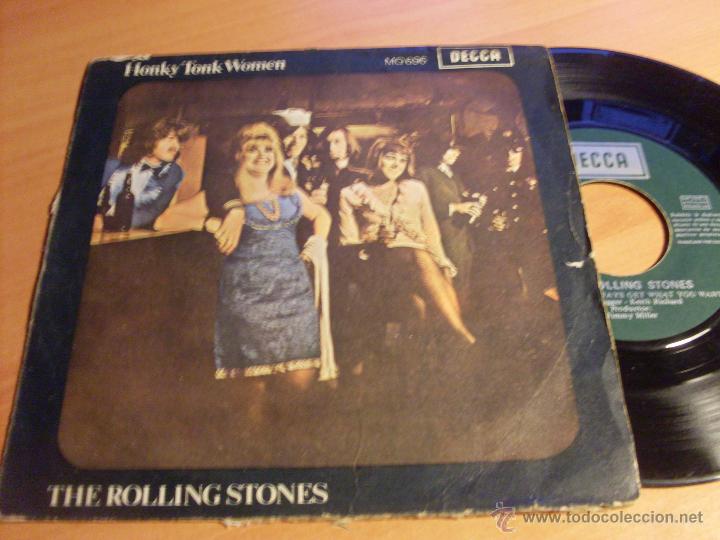
Zafar himself was exiled to neighboring Myanmar, traveling under guard in a bullock cart, and died penniless in captivity five years later. The emperor, who preferred penning poetry to waging war, knew the chaotic uprising was doomed and was a reluctant leader.īritish forces surrounded Delhi within a month and ruthlessly crushed the revolt, executing all 10 of Zafar’s surviving sons despite the royal family’s surrender. Her case, supported by sympathetic campaigners, rests on her claim that her late husband’s lineage can be traced to Bahadur Shah Zafar, the last emperor to reign.īy the time of Zafar’s coronation in 1837, the Mughal empire had shrunk to the capital’s boundaries, after the conquest of India by the commercial venture of British merchants known as the East India Company.Ī massive rebellion two decades later - now hailed as India’s first war of independence - saw mutinous soldiers declare the now frail 82-year-old as the leader of their insurrection. Sultana Begum reacts while holding a picture of last Mughal Emperor of India Bahadur Shah Zafar in her house in Kolkata. “When something belongs to someone, it should be returned.” “I hope the government will definitely give me justice,” she said. “Can you imagine that the descendant of the emperors who built Taj Mahal now lives in desperate poverty?” the 68-year-old asked AFP.īegum has lodged a court case seeking recognition that she is rightful owner of the imposing 17th-century Red Fort, a sprawling and pockmarked castle in New Delhi that was once the seat of Mughal power. His death in 1980 left her struggling to survive, and she has spent the past decade petitioning authorities to recognize her royal status and compensate her accordingly. Sultana Begum lives in a cramped two-room hut nestled within a slum on the outskirts of Kolkata, surviving on a meagre pension.Īmong her modest possessions are records of her marriage to Mirza Mohammad Bedar Bakht, purported to be the great-grandson of India’s last Mughal ruler. KOLKATA: A destitute Indian woman who claims she is heir to the dynasty that built the Taj Mahal has demanded ownership of an imposing palace once home to the Mughal emperors. They will play a string of dates into November 2021 including in Los Angeles, Las Vegas and Detroit. The Stones resurrected their “No Filter” tour in September after a long pause due to the coronavirus pandemic. God knows what I’m on about on that song. In 1995 Jagger told Rolling Stone magazine that “I never would write that song now.” “We might put it back in,” he said, adding “the set list in a stadium show, it’s kind of a tough one.”


“We’ve played ‘Brown Sugar’ every night since 1970, so sometimes you think, We’ll take that one out for now and see how it goes,” frontman Mick Jagger told the LA Times. In recent years magazine critics and others in the industry have criticized the song as “racist,” including one writer for New York Magazine who called the track “gross, sexist, and stunningly offensive toward black women.” The gritty rock chart-topper officially released in 1971 opens with the lyric “Gold coast slave ship bound for cotton fields” and references beating enslaved people, and sex with young enslaved women. “I’m hoping that we’ll be able to resurrect the babe in her glory somewhere along the track,” Richards, 77, added. At the moment I don’t want to get into conflicts,” the superstar told the paper. Didn’t they understand this was a song about the horrors of slavery? But they’re trying to bury it. “I’m trying to figure out with the sisters quite where the beef is. “You picked up on that, huh?” Keith Richards told the Los Angeles Times in a recent interview, when asked about the song’s absence at the British band’s stadium shows. NEW YORK: The Rolling Stones have cut their popular track “Brown Sugar” from their US tour, at least for now, in the wake of criticism over its lyrics referring to slavery.


 0 kommentar(er)
0 kommentar(er)
